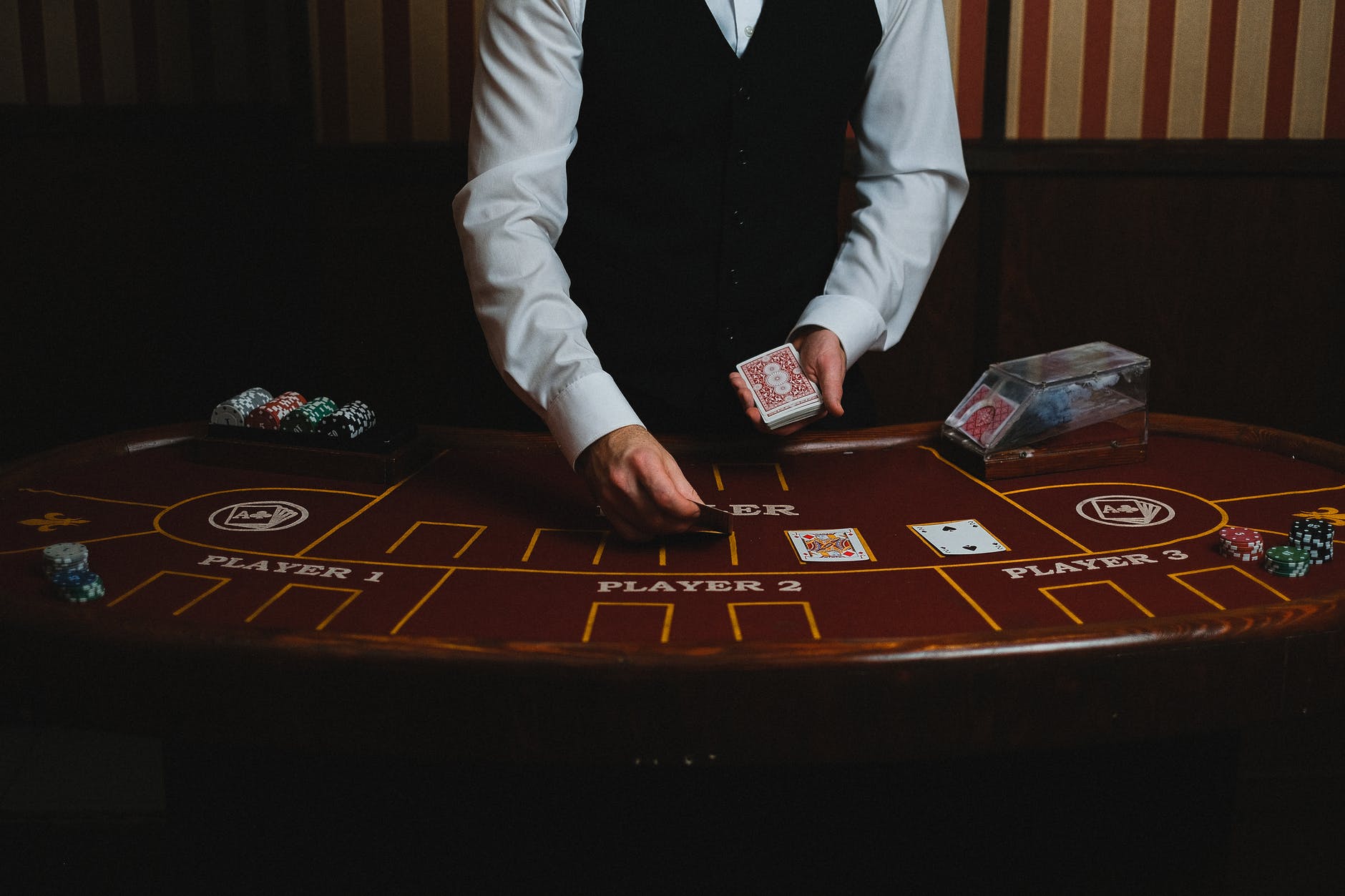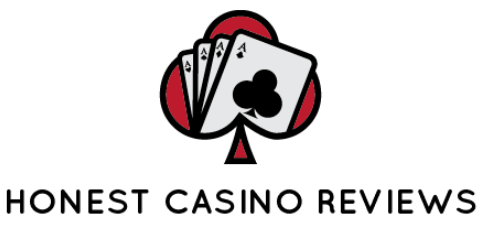Gambling is an activity that has been around since ancient times. It was considered a form of entertainment back then and now it is considered a sport. The gambling industry is worth billions of dollars every year.
There are several different types of gambling games that people play. Some of these games are online while others are played at casinos. Regardless of where you gamble, certain rules apply. If you want to learn how to manage your gambling bankroll, keep reading.
How to Manage your Gambling Bankroll
Discussed below are simple steps to take to manage your bankroll when gambling.

Know the Game You are Playing
The first step in managing the bankroll is finding out what type of wagering game you’re playing. This will help you know whether you need more cash or less.
If you’re playing slot machines, for example, you will likely want to have enough cash on hand to cover all the losses.
If you get caught up in the action and can’t control yourself, you might find yourself having more than you planned for. In this case, you should take some money from somewhere else.
Consider Self-Exclusion
You may also consider using a self-exclusion program like those offered by credit card companies so that you don’t go over your limit again. When you’ve set your budget, you can make smarter decisions about when and if you use it.
Set Betting Limits
Finding out how much you spend on any given day depends on how often you’re making bets. For example, if you only bet once per week, you won’t see huge fluctuations in your spending habits. But, if you’re betting multiple times a day, you could see significant increases or decreases depending on your luck.
In addition, many casino players choose to set their limits on how much they can lose before taking a break.
This way, they aren’t constantly worrying about losing too much, which allows them to enjoy their time away without feeling pressured.
Know About the Risks Involved
Knowing the risks involved with your gaming can help you decide what kind of lifestyle you want to lead. It can be fun and exciting, but you must be prepared for the possibility of getting into trouble as well.
Once you have figured out exactly how much you’re willing to risk, you should do everything within your power to avoid going over that amount. This means not letting impulse win out over reason.
It can also mean being smart about keeping track of every penny you spend. That way, you can make sure that you’ll never be in debt.
Come Up With a Budget and Stick to It
Managing your income is just as important as managing your spending. You should try to figure out what you can afford to spend and stick to it even though most people would argue that no one ever wins big, there are ways in which gamblers get lucky. They might stumble upon an awesome deal, hit a jackpot, or receive winning combinations in poker hands.
These things happen all the time and you shouldn’t let them discourage you from playing. Even experienced gamblers fail occasionally.
Some people believe that the best thing they can do after failing at something is simply starting over. This seems like a good idea at first, but eventually, you end up wasting countless hours trying to come up with an ingenious plan.
So, instead, think of your mistakes as a learning experience. Once you realize that it wasn’t your fault, you can move forward and focus on doing better next time.
As long as you learn from your mistakes and don’t repeat them, then you probably won’t become discouraged. Instead, you’ll learn from each mistake and grow stronger.
Remember that Odds are Balanced
When it comes to gambling, it’s common practice to assume that the house has an advantage over the player.
The truth is, however, that these odds are actually balanced. If the casino were to offer a $100 prize every hour, then the odds would favor the player because he or she wouldn’t always lose.
But, casinos generally provide prizes
How Do I Stop Gambling?
When it comes to gambling, it isn’t always easy to tell when you’ve gone past sensible limits. There are several ways to check yourself, including:
- Keep track of how much you’re spending
- Look at your spending patterns
- See if anyone close to you is showing signs of being addicted
- Consider whether you’re gambling as part of another addiction
- Talk with your doctor or other health professionals
- Check if your friends and loved ones are affected by your problem
- Ask for support
- Set aside time each day to think about whether you’re becoming too preoccupied with your gambling habit.
- Permit yourself to live without gambling
- Take responsibility for your behavior and seek help
- Make sure you have enough money to meet your basic needs, no matter what happens during the day.
- If you start feeling anxious or depressed, ask someone for help
- Find a way to relax whenever possible
